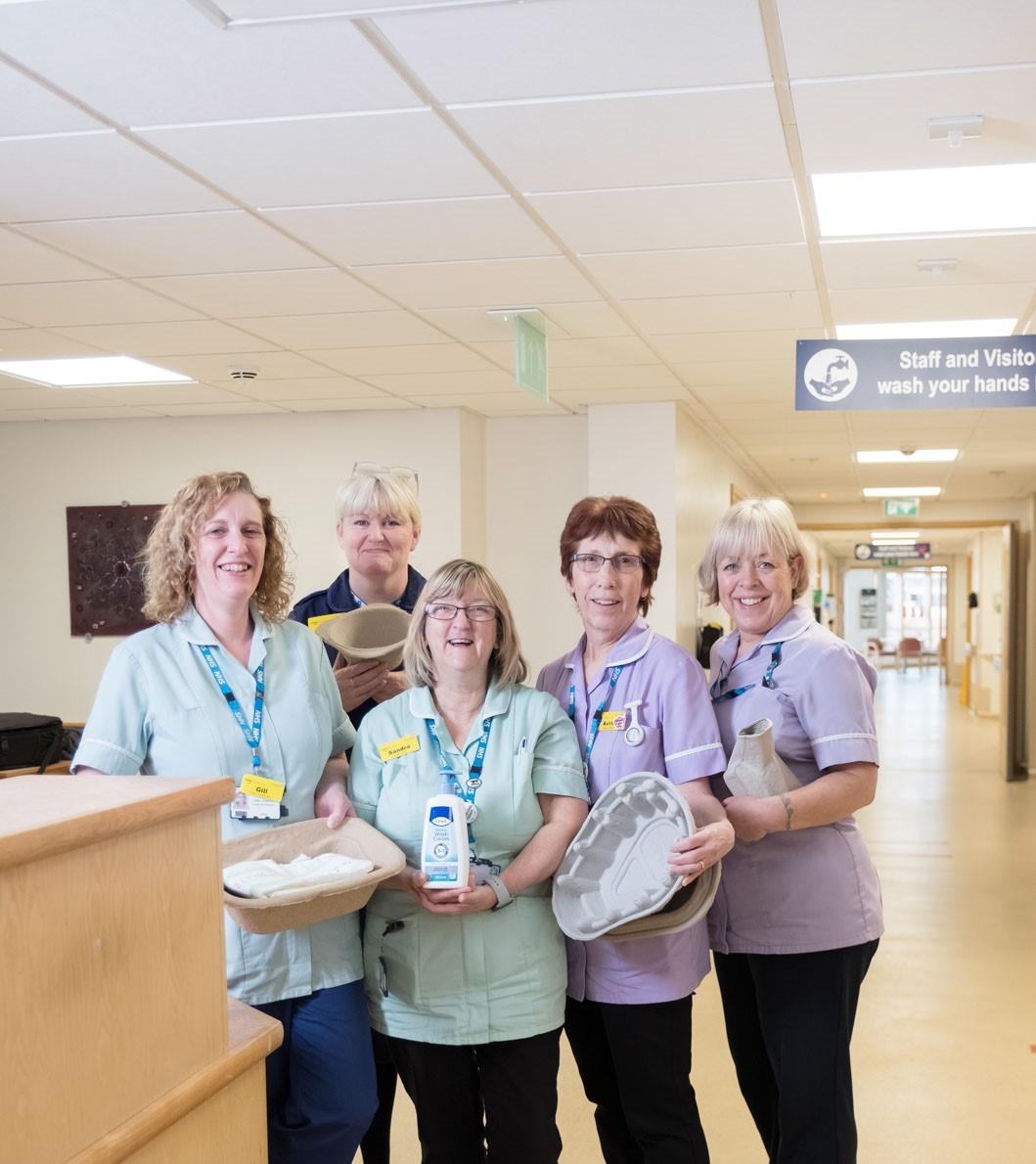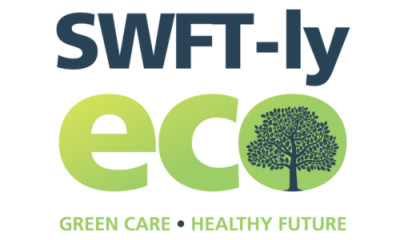SWFT Green Plan
Climate change is both a health and environmental crisis, with wide-ranging impacts on patient’s health and care. In the UK, air pollution alone is responsible for 1 in 20 deaths¹, and climate change is also increasing the risk of vector-borne illness, zoonoses such as Covid-19 and heat-related illness, amongst others².
The NHS is responsible for 4% of UK emissions and has a target to reach Net Zero by 2040³. SWFT’s three-year Green Plan breaks down our current emissions and targets, to reduce our carbon footprint between 2022-2025, whilst continuing to provide high-quality care. These targets are broken down across nine Areas of Focus:
- Workforce and Systems Leadership
- Sustainable Models of Care
- Digital Transformation
- Travel and Transport
- Estates and Facilities
- Medicines
- Supply Chain and Procurement
- Food and Nutrition
- Adaptation
SWFT-ly Eco is our new Sustainability Platform with dedicated information and statistics on our Trust's sustainability projects and their impact.
Click here to access the platform. You can click on each tab on the webpage to find out more information about the sustainability impact of SWFT projects, Green Spaces and Green Champions. The success of each sustainability project has been measured by the number of trees saved!
To meet our Net Zero target we’ve already made changes to our sites, including investing in spend-to-save schemes and collaborating with local partners. Changes include:
- Replacing over 70% of lighting with low-emission LEDs, with the aim of 100% coverage by the end of 2024
- Investing in renewable energy, including solar panels at Warwick and Leamington hospitals
- Reducing food waste by digitising patient ordering, and introducing food waste bins
- Introducing Cycle to Work and Car Share schemes to encourage active and lower-emission travel
- Developing new green spaces to promote biodiversity and wellbeing amongst staff and patients. We’ve also created a Warwick Hospital green spaces map to highlight these areas to staff, patients and visitors.
Our Trust has successfully applied for £8.1m and £6.1m in Phase 3b and 3c Public Sector Decarbonisation Scheme (PSDS) funding, which will see the installation of heat pumps, solar panels and double glazing across our hospital sites. We have also been successful in applying for £235k NEEF funding to install solar panels at Leamington Hospital.



